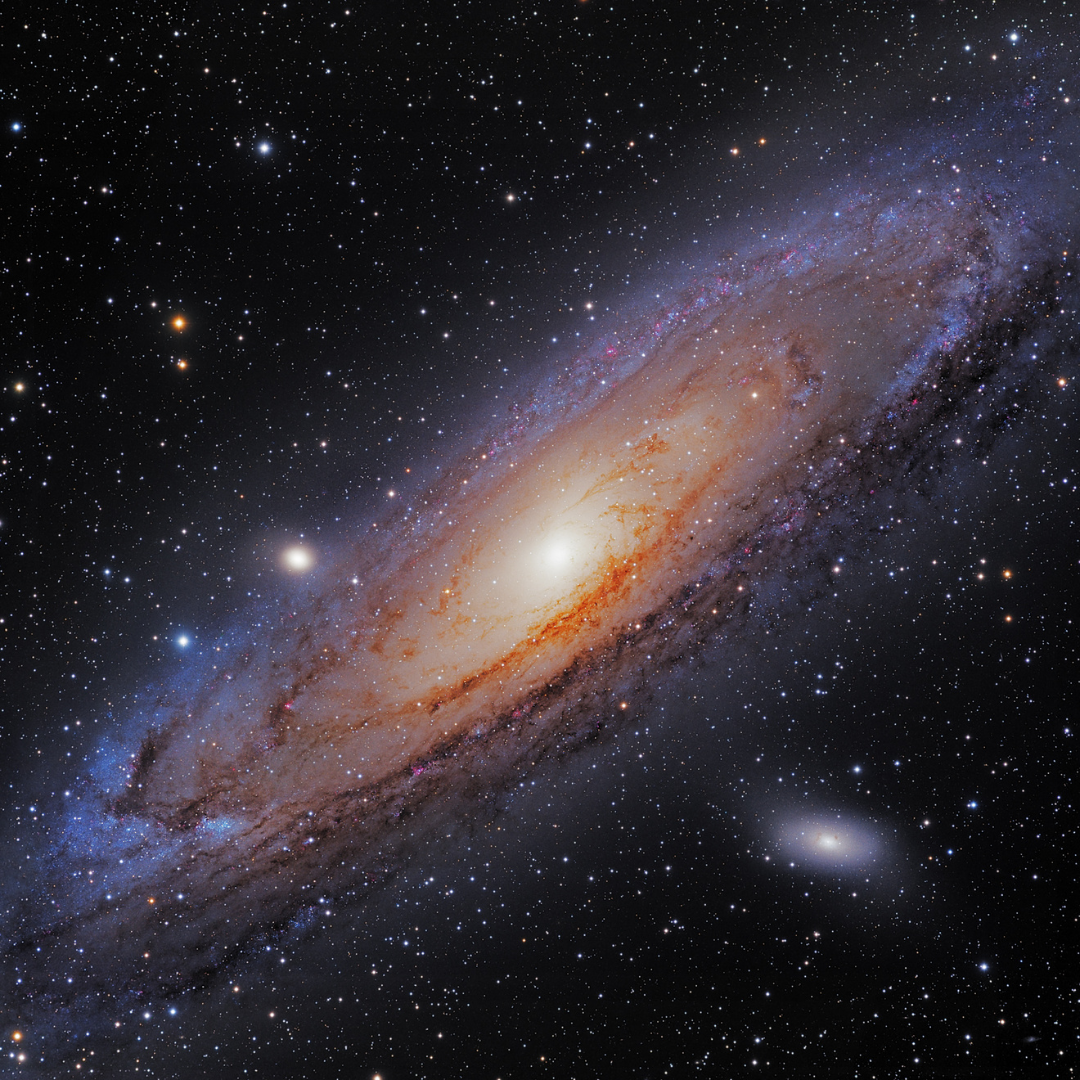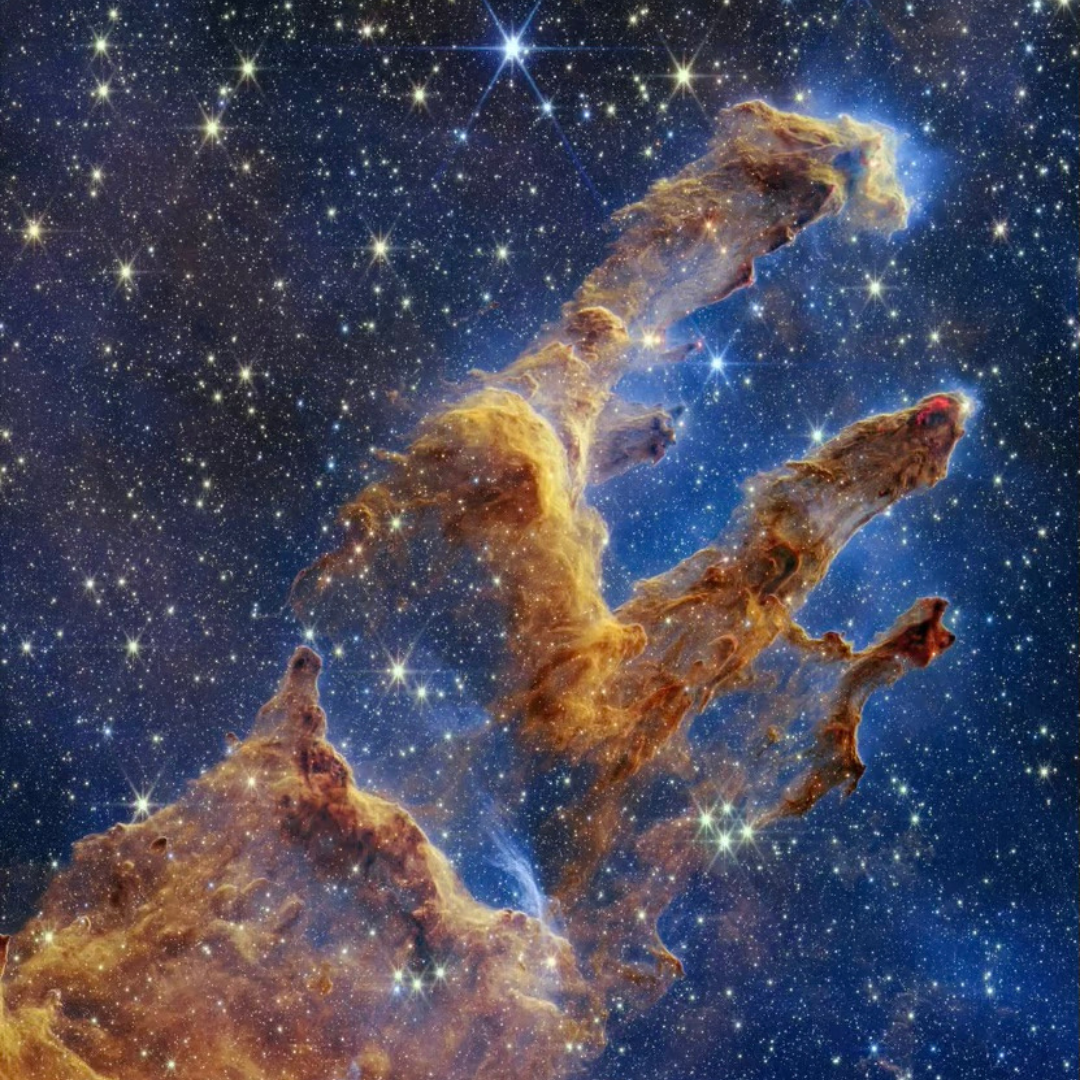
Teleology and the Destiny of the Universe
~7 min read
According to current theories of cosmology, the universe is headed to a state of heat death. The last star will go out in 100 trillion years. With the last star gone, it will just keep getting colder and darker. But is this a useful endpoint for us to consider? The universe as we know it will keep going for a long time. New stars will form and go through their life cycles, create more and more heavy elements, and create more planets. The complexity of the universe will increase even as the entropy increases. Evolution will continue as complexity grows.
(Just a side note: Entropy is a term used in thermodynamics and thermodynamics was developed for steam engines, which are “closed” systems. The universe might be a lot of things, but a closed system is not one of them. The concept of the entropy of the universe is not well defined.)
What is Teleology?
Teleology is a branch of philosophy that gives the reason for something in terms of its end, its purpose, or its goal, as opposed to its initial cause. Telos is Greek for end, fulfilment, completion, goal or aim.
German philosopher Christian Wolff, who coined the term teleology, contrasted it with causality, which is not end-orientated. Modern science is based on causality. There is a question that, if the universe was being directed somewhere, who is directing it? This is the thin-edge-of-the-wedge to bring in divinity and Intelligent Design. Personally, I am not convinced this is the only option.
According to Aristotle, the purpose of an acorn is to be an Oak tree. Throughout its time on Earth, it drives toward being an Oak tree until something stops it or it achieves its goal (reaches its satisfaction). The process is a pull to completion, and the acorn moves inexorably to its final satisfaction.
"Science has no interest in teleology"
When the Enlightenment arrived, this view fell into disfavour. Telos seemed to be contrary to the mechanistic science ushered in with the Enlightenment. Since that time, science has had no interest in teleology. All things are explained by mechanistic processes. It was a push, not a pull.
So, the question is, does the universe have a telos? Is it going somewhere? What is the telos of the universe?
Considering the telos of the universe is a daunting task. On any given day it might seem like the universe is a thing, but it is actually a process. And this applies to all subsections of the universe. A person is a process. A hockey game is a process. The solar system is a process. The Milky Way Galaxy is a process. Each of these things is influenced by external events, there are multiple possibilities (some more likely than others) and decisions and choices influence the path forward. A decision need not be a mental process. It just means that one of the many possible paths forward is followed.
Darwinian evolution has systems (critters and populations) moving to more final states and being weeded out by natural selection. The question becomes, is evolution a push or a pull? If it’s a push, that’s brute-force evolution. If it’s a pull, that is more subtle and leaves open the question, “Who’s doing the pulling?” And this is where science has a problem.
Process Philosophy and the Platypus
A branch of philosophy that is rather uncommon is Process Philosophy. One of the most famous process philosophers was Alfred North Whitehead. His view was that everything is a process, and each process is influenced by events around it. The influences may be subtle.
An event is made up of three stages: external influences, possibilities, and decision on a path forward. The completion of the final stage in the process leads to satisfaction. The concept applies to anything from the smallest event to the evolution of the universe. The term decision sounds anthropomorphic. Whitehead is careful to make the process independent of human thought and choices. The external influences are described as “prehension,” a term reminiscent of “comprehension” but without the depth of understanding. Prehension indicates that the external influences affect something without being understood. The possibilities may include options that are compelling, including being dictated by physical law. Other possibilities might be less compelling. Decision indicates the outcome of the event. Satisfaction refers to the event being completed, not to a feeling that may result from the completion.
In addition to this description of an event (a process), Whitehead also described a more subtle guiding principle for events. He claimed that the metaphysical ground of the universe is the creative advance into novelty. Not a driving force in any particular direction, but an inclination, a tendency. The thing that drives the universe is creativity. Sometimes that creativity results in a duckbilled platypus, and sometimes it results in the most magnificent aspects of creation (with no disrespect to duckbilled platypuses intended). Given the odds against the generation of life from inert material, even the creation of an amoeba is miraculous, an exercise in creativity.
While we don’t know the telos of the universe, it might very well be grander than we can imagine. And we are part of it. For now.


